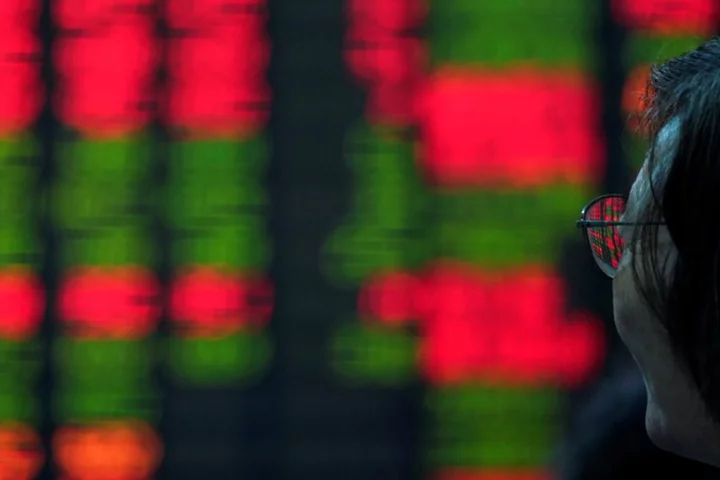By Jason Xue and Tom Westbrook
SHANGHAI A growing number of healthcare companies in China are shelving their initial public offering (IPO) plans as its stock exchanges have stepped up scrutiny of the pharmaceutical industry's business practices amid an escalating anti-corruption drive.
Healthcare stocks have already slumped in China since the government in late July launched a year-long anti-graft campaign, targeting what it said was the rampant practice of bribing of doctors in drug and medical equipment sales.
Pharmaceuticals is the latest industry in the cross-hairs of Chinese regulators, and the tighter vetting of the sector's IPO candidates shows the sway regulators have over companies' fundraisings. That is even though China has revamped its IPO system to make it market-oriented, with listings no longer needing the securities watchdog's approval.
Vaccine maker Shanghai Rongsheng Biotech Co terminated its IPO plan this week, after the company's high proportion of sales expenses drew attention from regulators.
The Shanghai Stock Exchange asked Rongsheng - whose sales expenses over the past three years were equivalent to a third of revenue - if it had "undisclosed transfer of interests to customers", according to securities filings.
"Drugmakers' sales expense problems are in the limelight" due to the anti-corruption campaign, said a Shanghai-based IPO banker at a state-owned brokerage who did not wish to be identified due to the sensitivity of the topic.
"Vetting of drugmakers' IPO applications has become extremely strict recently."
Another drugmaker, Fujian Mindong Rejuenation Pharmaceutical Co, also withdrew its listing application, after the Shenzhen Stock Exchange sought details and the rationale of its sales promotion activities including academic seminars. The company's sales expenses over the past three years amounted to nearly half of its revenue.
Another banker said drugmakers are stepping on the brakes of their IPO plans due to the rising uncertainty. "Exchanges are asking granular questions about sales expenses," he said.
Rongsheng and Fujian Mindong did not immediately reply to Reuters' emails seeking comments, and calls to their numbers listed in their prospectuses were not answered.
In response to the stock exchanges' queries, Rongsheng and Fujian Mindong said their sales activities are reasonable and they do not have cases of transfer of interests.
The Shanghai and Shenzhen exchanges did not respond to Reuters emails seeking comment.
ACADEMIC CONFERENCES HIT
At least 12 healthcare companies have halted China IPO plans so far this year, data from exchanges showed, though it is not clear if the stepped up scrutiny played a part in that, other than for Rongsheng and Fujian Mindong.
Fourteen healthcare-related stocks have listed so far this year, compared with 27 in the same period a year earlier.
China has cracked down on other sectors in the past, including tutoring, fintech, and property, wiping out trillions of dollars in market value.
For drugmakers that are already listed, their share prices have been hit by the anti-corruption campaign, which will potentially hurt their sales.
Underscoring the toughness of the latest crackdown, at least 168 hospital chiefs have been investigated on suspicion of violating laws and regulations, double the number in 2022, healthcare information provider Saibailan reported.
In addition, at least 10 academic conferences on medicine were postponed in August. The National Health Commission of China has said it suspects some academic events are used as a channel to bribe doctors.
"This round of anti-graft is much stronger than before, and its impact is huge," said a manager at a medical equipment maker who declined to be named.
"Sales in many firms would be affected."
(Reporting by Jason Xue in Shanghai and Tom Westbrook in Singapore; Editing by Muralikumar Anantharaman)

